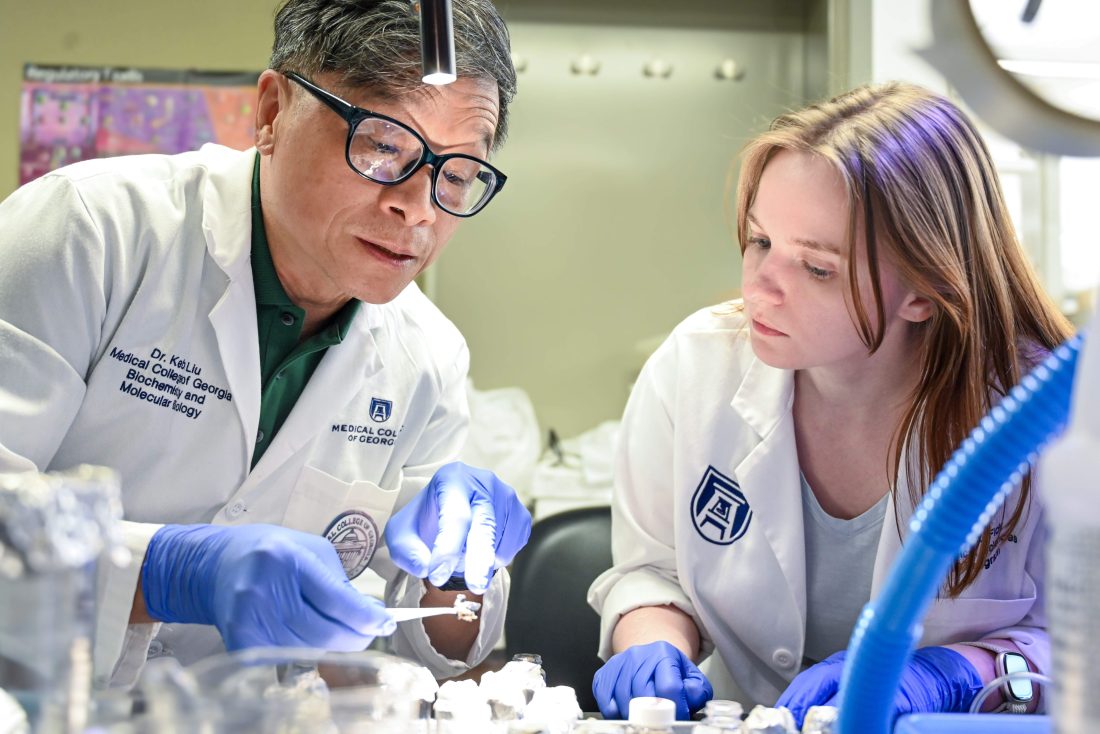When it comes to the treatment of cancer, it is not a one-size-fits-all. The type of cancer, the placement in the body and the health history of the patient are all factors when determining the most effective form of treatment. Within each type of treatment lie subtypes that target different aspects of treatment.
For example, immunotherapy is a form of treatment that helps a person’s immune system fight cancer when it struggles to do so naturally. One of the subtypes of this type of treatment is immune checkpoint inhibitors, drugs that block immune checkpoints and allow immune cells to respond more strongly to cancer.
Immune checkpoints are proteins on immune cells that need to be turned on or off to start an immune response. They are a natural part of the human immune system that prevents healthy cells from being destroyed when an immune response is too strong. If the immune cells bind to partner proteins on tumor cells, they can bypass the checkpoint and avoid being destroyed by the immune system.
This type of treatment is becoming more popular and standard alongside radiation and chemotherapy for many types of cancer, but it can still be an effective type of treatment in some cases. Currently, it is not effective against the colorectal cancer microsatellite stable subtype, but Kebin Liu, PhD, a professor in the Department of Biochemistry and Molecular Biology at the Georgia Cancer Center and Medical College of Georgia at Augusta University, believes there is a way to overcome this.
“We have recently determined that osteopontin acts as another immune checkpoint that negatively regulates T cell activation and promotes tumor progression. To combat this, we have created antibodies to activate the T cells,” said Liu.
When the T cells are properly activated, they will kill the cancer cells, thus creating an effective treatment.
According to the American Cancer Society, colorectal cancer is expected to cause about 52,900 deaths in the United States this year.
“This is a very important area of study and can save a lot of lives if it proves to be effective in humans,” said Liu.
Liu’s lab is currently working with human colon cancer patient-derived tumors grown in humanized animal models on the effectiveness of these antibodies on the tumors. Before this can move into clinical trials, they must complete a toxicity study and further their experiments, which can take a few years.
“Paceline funding has given us the ability to continue this work. I am very grateful for their support and hopeful for the future of this treatment,” said Liu.
Since 2019, Paceline has raised almost $1.7 million for innovative cancer research and has funded over 30 researchers and their projects at the Georgia Cancer Center.
This year, Paceline is expanding its signature fundraising event, PaceDay, to make supporting cancer research more accessible to all by including a walk and run option in addition to the bike riding option. PaceDay 2025 is scheduled for Oct. 5, and you can sign up by visiting the website.
 Augusta University
Augusta University




